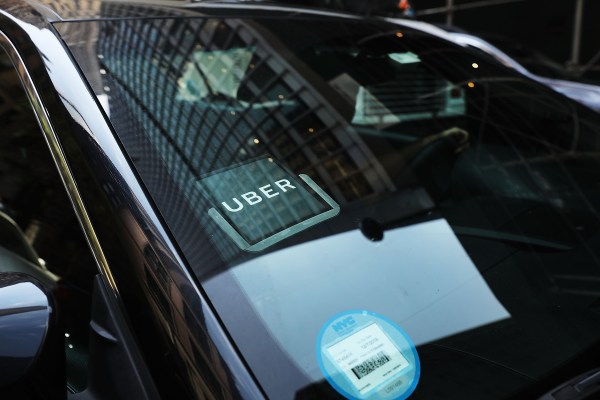Uber has suspended its services in Philippines after the national regulator banned it from operating for one month.
The country’s Land Transportation Franchising and Regulatory Board (LTFRB) ordered a cease and desist against the U.S. ride-hailing firm on Monday over its apparent flouting of a ban on new drivers. The company initially lodged an appeal and continued with its service, but today it confirmed it issued a “temporary” suspension from 7:30 pm local time on Tuesday.
“We are disappointed with the LTFRB’s decision to deny our Motion for Reconsideration, and will comply with the Order. We look forward to urgently resolving this matter, and thank the public for its support over the last 24 hours,” a spokesperson told TechCrunch.
The issues stem back to July when the LTFRB requested that Uber and rival Grab both stop allowing new drivers on to their services to give it time to catch up on a backlog of applications for drivers seeking ride-hailing permits.
The companies were reportedly fined close to $100,000 each for enabling large numbers of unregistered drivers to work. They were told to clean up their act and were permitted to register new drivers, so long as they didn’t hit the roads and work until the green light was given by authorities. Uber appears to have breached that agreement, while Grab — which remains open as usual in the country — told TechCrunch that it has not.
Grab said it has “adjusted” its prices to include a cap on surge fees in order to manage what is likely to be a lot more demand.
“In light of the recent order of the LTFRB, we find ourselves in a unique situation. We ask the patrons of ride-sharing to bear with us as there has naturally been an increase in bookings made on the Grab platform,” a spokesperson said.
A unique situation indeed — a world without Uber… just for a month and just in one country, at least.
The Philippines has blossomed into one of the most notable ride-hailing markets in Southeast Asia, particularly in capital city Manila. Alongside Singapore, it was one of the first two markets in the region where Uber reached profitability, as TechCrunch reported last year, while the country is understood to account for a sizable portion of revenue for Grab, too.
Uber has run into issues across Asia, but recent hotspots have included Taiwan, Macao, Hong Kong and Thailand.
